The digital marketing landscape is booming. Businesses of all sizes are recognizing the immense value of a strong online presence, and the demand for skilled freelance digital marketers is soaring. If you have a knack for the digital world, a strategic mind, and a desire to ditch the 9-to-5, then freelance digital marketing might be your perfect fit. This guide will be your compass, navigating you with the knowledge and actionable steps to launch a successful freelance digital marketing career.

What is freelance digital marketing?
Freelance Digital Marketer: companies often have a ton of marketing tasks that need doing, from crafting killer social media campaigns to revamping their website content. But sometimes they don’t need a full-time marketing whiz on their payroll. That’s where you, the awesome freelance marketer, swoop in! You tackle these projects on a per-job or per-task basis, bringing your expertise to the table without being tied down to a company.
Why Go Freelance?
- Be Your Own Boss: Set your own schedule, work from anywhere with an internet connection, and choose projects that align with your interests.
- Variety and Challenge: No two days are the same. You’ll work with diverse clients across industries, tackling a range of exciting marketing challenges.
- Unlimited Earning Potential: Your income is directly tied to your effort and expertise. As you build your reputation and client base, your earning potential grows.
- Continuous Learning: The digital marketing landscape is constantly evolving, so you’ll always be challenged to keep your skills sharp and stay ahead of the curve.
What does a freelance digital marketer do?
A freelance digital marketer is someone who provides digital marketing services to businesses, nonprofits, and organizations as a contracted freelancer (not an employee).
The range of digital marketing services you can provide as a freelance marketer is wide. Typically, freelance digital marketers are hired for:
- Paid advertising, such as Google ads, Facebook ads, YouTube ads, etc.
- Video marketing, including ideation, scriptwriting, shooting, editing, publishing, and promoting videos
- Influencer marketing
- Search engine optimization, including keyword research, SEO content creation, and building backlinks
- Creating and managing entire sales and marketing funnels
Skills You Need to Thrive as a freelance digital marketer
1. Content writing and Copywriting
It all starts with the written word. Think about it – every social media post, website blurb, and email campaign relies on clear, compelling content to grab attention and get results. That’s why having solid content writing skills is a secret weapon in your freelance digital marketer’s arsenal. Even if you decide to team up with a freelance writer or copywriter for certain projects (which can be a great strategy!)
2. Search engine optimization (SEO)
Without SEO, your awesome content gets buried in the internet abyss. Imagine writing a masterpiece hidden in a dusty library basement – not exactly ideal for getting readers (or customers!). SEO helps search engines know what your content is about, making it easier for your target audience to stumble upon your hidden gem. Think of it like this: paid ads and referrals are great, but SEO is like free real estate on the internet.
3. Building Your Digital Marketing Expertise
- Online Courses: Platforms like Coursera, Udemy, and LinkedIn Learning offer a vast array of affordable and high-quality digital marketing courses, often taught by industry experts.
- Certifications: Earning industry-recognized certifications like Google Analytics Individual Qualification (IQ) or Hubspot Academy certifications demonstrate your expertise and commitment to the field.
- Books and Blogs: Stay updated with the latest trends and best practices by devouring content from reputable marketing blogs and reading relevant books.
- Hands-on Experience: Look for volunteer opportunities or freelance projects that allow you to gain practical experience applying your knowledge.
4. Business skills
- Leadership and vision-setting
- Financial management
- Project planning and management
- Problem-solving
- Marketing and sales
- Customer service
- Negotiation
- Networking
5. Building a Strong Portfolio
- Create a Portfolio Website: Showcase your skills and experience with a professional website highlighting your past projects, client testimonials, and case studies.
- Be Active on Social Media: Use platforms like LinkedIn and Twitter to establish yourself as a thought leader in the digital marketing space. Share valuable content, engage in industry discussions, and build connections.
- Network Online and Offline: Attend industry events, connect with other digital marketers online, and leverage your existing network to find potential clients.
How much does a freelance digital marketer make?
The truth is, there’s no one-size-fits-all answer. Unlike a traditional salaried position, a freelance digital marketer’s income is a beautiful mix of hustle, expertise, and a sprinkle of location.
Freelancing offers the freedom to control your income. Here’s a range to set your expectations:
- Newbie Freelancer: Just starting out? You might begin at $25-$50 per hour. This is a great time to build your experience and portfolio.
- Mid-Level Marketer: With a solid client base and honed skills, your rates can jump to $75-$100 per hour.
- The Marketing Maverick: Experience and a stellar reputation can command premium rates – think upwards of $150 per hour.
So you want to become a freelance digital marketer:
Next steps
1. Pick a niche: Is it SEO, Facebook ads, social media, or content writing? Pick one specific area or domain of digital marketing you want to specialize in.
2. Pick an ideal client: Which types of clients and/or industries are you happiest working with? You can choose to focus only on nonprofits or you can narrow your focus on a specific industry such as software, retail, eCommerce, finance, travel, beauty, etc.
3. Create an online presence: As a digital marketer, you’re expected to know how to create and maintain an authoritative online presence. Potential clients will always check you out and draw conclusions about you even before they connect with you. Make sure what they find shows you in the best light. Create a video resume and online portfolio to attract clients.
4. Build a track record: Start building a track record of getting results for clients. Document everything you do, and track results so you have proof of what you’re capable of. Also, always collect testimonials from clients. You need social proof to market your services.
Want to read more about tech skills? click Here







